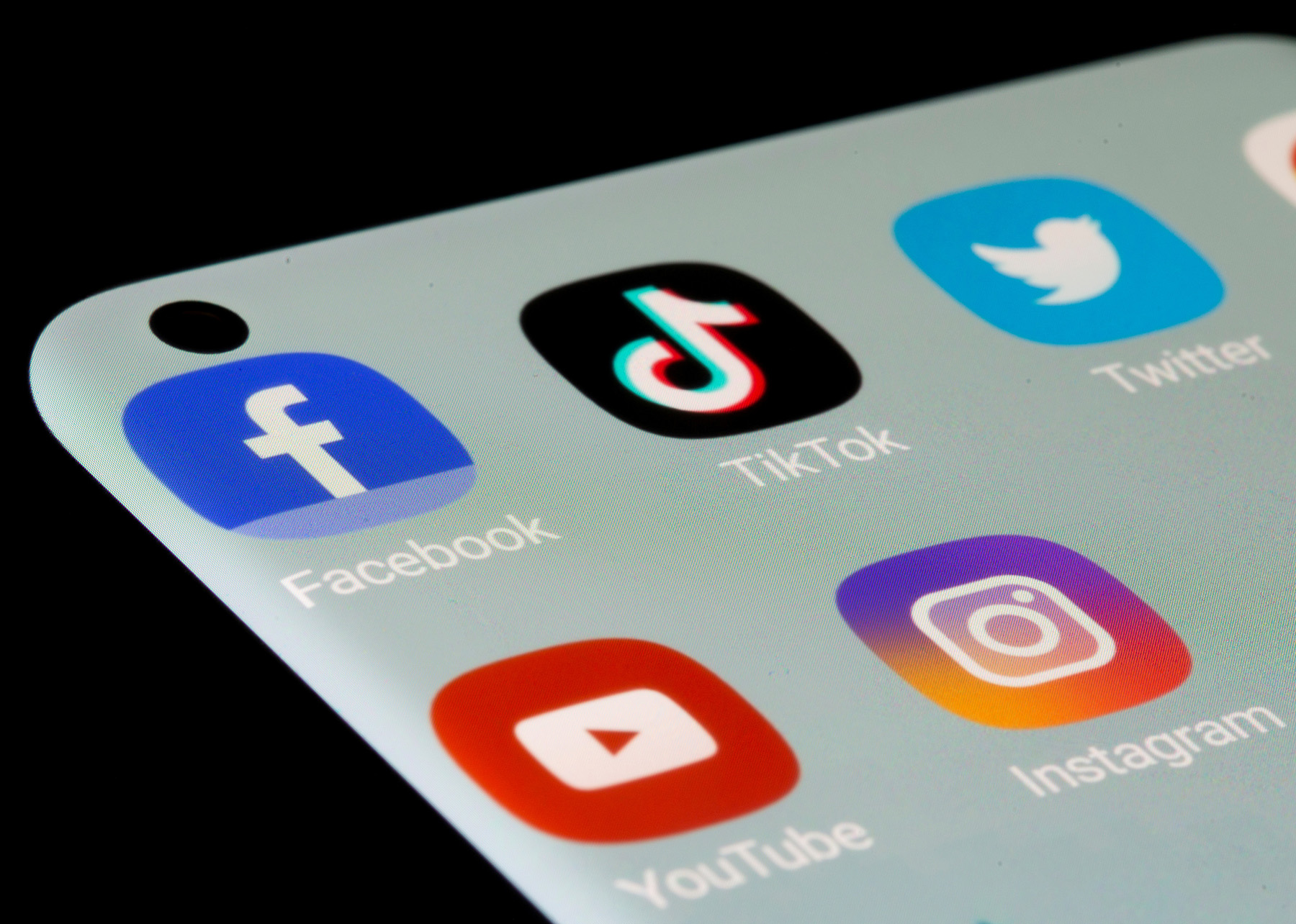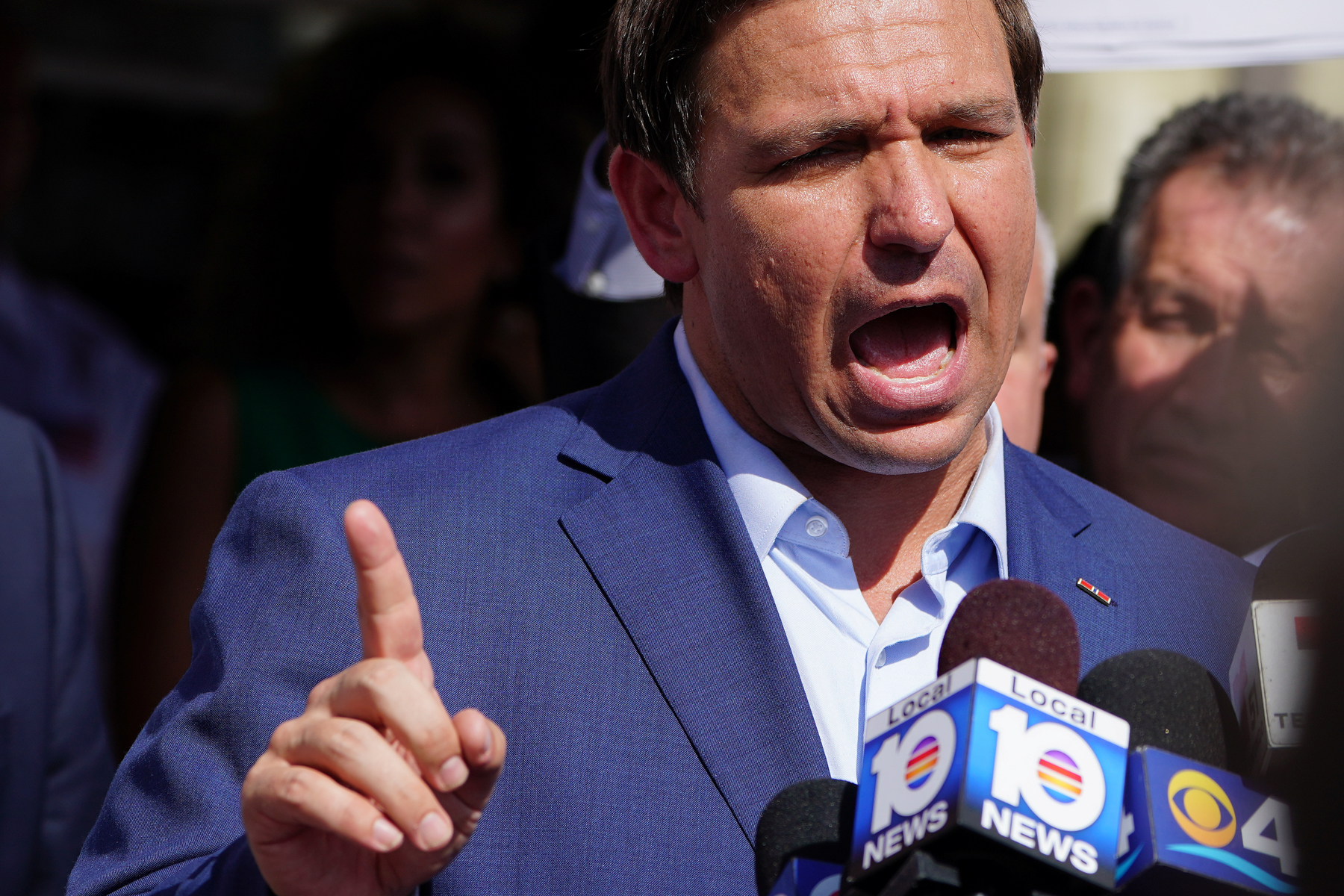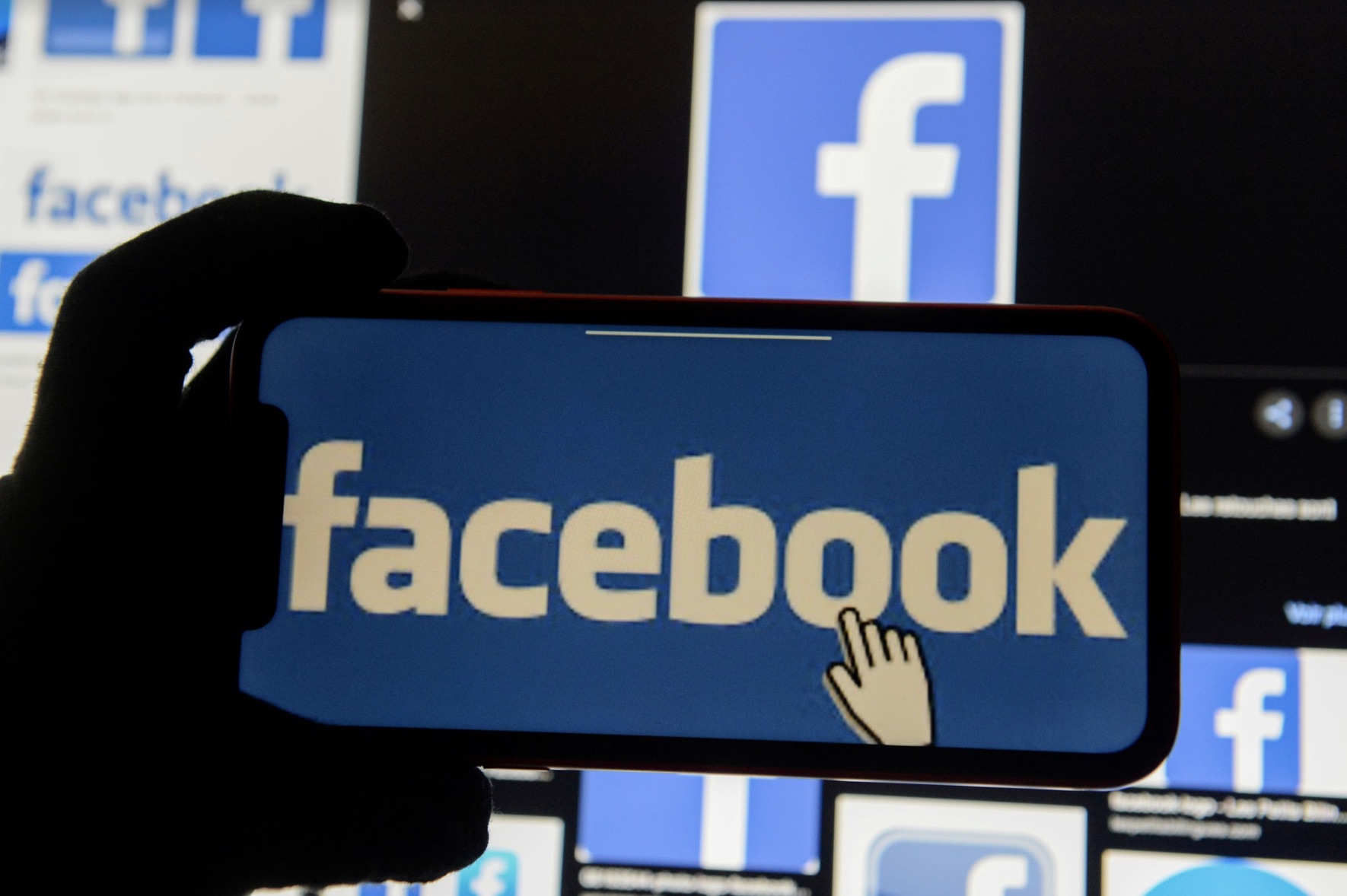Florida House Passes a Bill to Ban Social Media Accounts for Children Under 16
The bill targets social media sites that track user activity, allow children to upload material and interact with others and use addictive features designed to cause compulsive use.
Utah Legislature To Revise Social Media Limits for Youth as It Navigates Multiple Lawsuits
Two new laws require age verification for anyone in the state who wants to create a social media account, which critics say could compromise users' data security.
Group Representing TikTok, Meta and X Sues Ohio Over Limits on Kids’ Social Media Use
Ohio’s law requires social media companies to obtain a parent’s permission for children under 16 to sign up for social media and gaming apps.
Does the First Amendment Protect Doctors Who Spread COVID-19 Misinformation?
Years after the height of the COVID-19 pandemic, disputes over discipline for doctors who allegedly spread COVID-19 misinformation are still playing out in court.
Supreme Court Considers Whether Public Officials Can Block Critics on Social Media
The two cases are the first of several controversies appearing before the high court in the coming months about free speech protections online.
Supreme Court to Decide if it will Hear Case of Florida’s Social Media Censorship Law
A federal appeals court unanimously found Florida Gov. Ron DeSantis’ social media censorship law unconstitutional in May 2022, and upheld a preliminary injunction barring enforcement of the law.
A Social Media Censorship Law is Upheld in Texas, Lyrissa Lidsky Weighs In
First Amendment lawyer Lyrissa Lidsky weighs in on a recently upheld social media censorship law in Texas that would bar platforms with more than 50 million users from removing content with political viewpoints. A different circuit court in Florida filed a preliminary injunction against a similar law. Since both federal appeals courts disagreed, only the Supreme Court can decide if the platforms have a First Amendment right to censor, or if they don’t.
California School Board Trustees Lose Suit Over Blocking Users on Social Media
The three-judge panel for the United States Court of Appeals for the Ninth Circuit argued that annoyance and concern that the couple's posts were distracting others and interfering with others commenting wasn’t corroborated by the facts.





